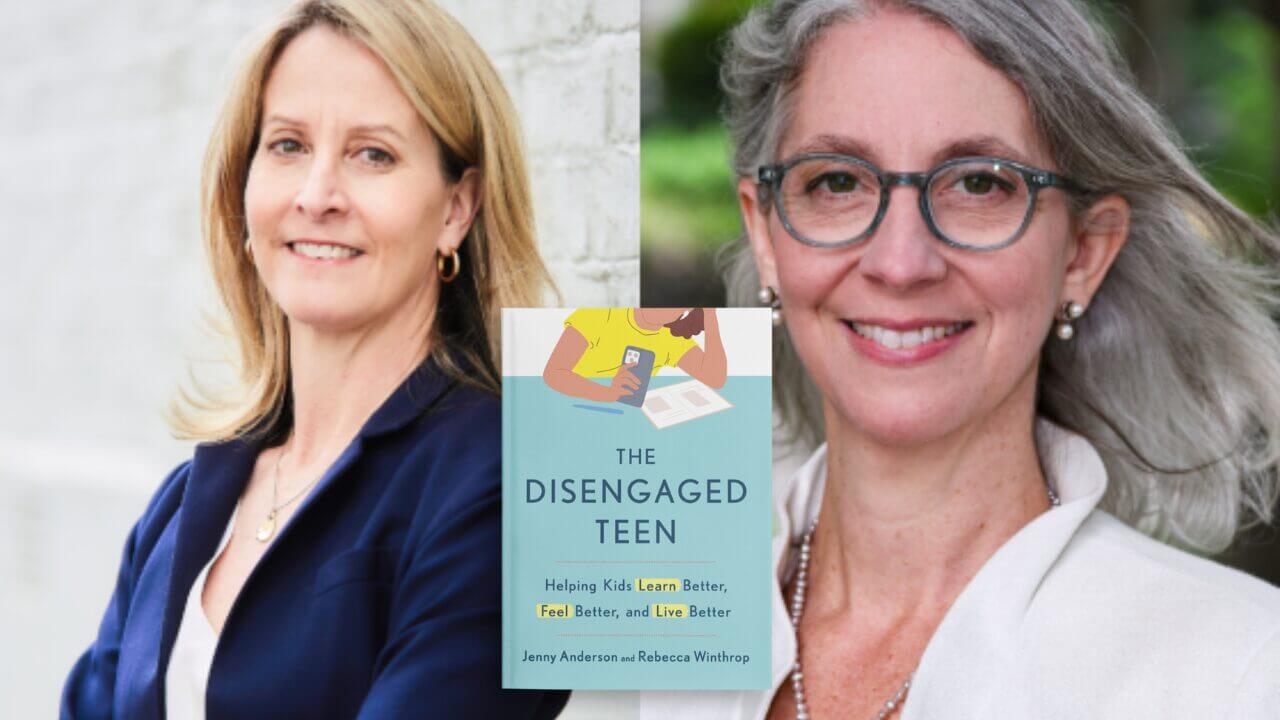Improvement for Impact Stories
Improvement science is both a set of principles to guide equitable improvement and an applied discipline that emphasizes innovation, rapid-cycle testing in the field, and evidence-driven spread in order to generate learning about which changes work for whom and under what conditions. We welcome stories of work in all phases of the improvement journey, from problem exploration to testing, to analyzing progress, to spreading or scaling proven changes to new contexts. Sessions of this category may share stories of improvement to advance equity in the form of better systems and more equitable outcomes or experiences for students. Sessions in this category may also describe advancing equity through improvement processes that intentionally involve a variety of stakeholders, especially those closest to the impact, use inclusive processes and structures, and/or share power and decision-making.
We encourage stories:
- told by improvers of a variety of roles and perspectives
- in different phases of an improvement effort and that rely on evidence and analytics to convey progress
- anchored in particular improvement principles and/or an improvement framework
- appealing to either new or seasoned improvers
- about change ideas that have proven effective or promising to move an aim, or other knowledge about impacting a particular equity challenge






